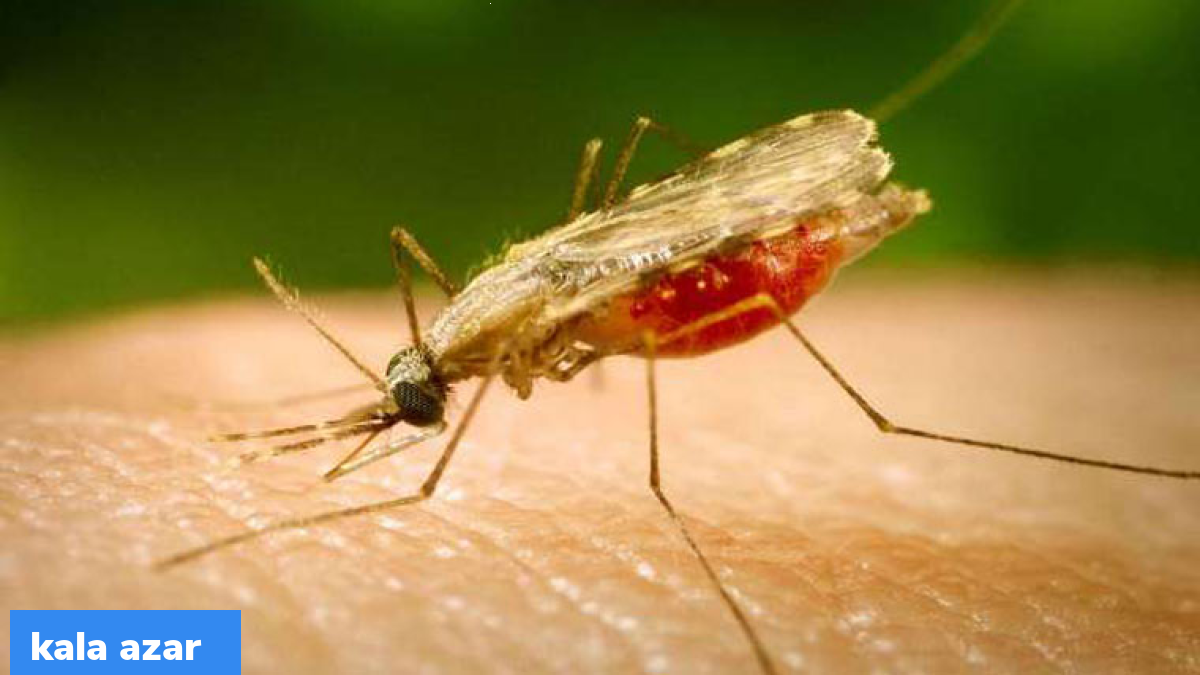India: Target to eliminate Kala-azar by 2023
Union Government of India has set the target to eliminate Kala-azar from country by 2023. According to Dr Bharati Pravin Pawar (Minister of State for Health and Family Welfare), out of 633 Kala-azar endemic blocks, 625 blocks have successfully eliminated the kala-azar in 2021. India’s target is way ahead than World Health Organisation (WHO)’s target of eliminating the disease by 2030.
About Kala Azar:
Kala Azar is also called as Leishmaniasis. It is a neglected tropical disease, by which over 100 countries are affected, including India. Neglected tropical diseases are a group of multiple communicable diseases that are prevalent in tropical and subtropical conditions of 149 countries. The disease is caused due to parasite called Leishmania. This parasite is transmitted via bite of sand flies.
Three Types of Kala Azar:
- Visceral leishmaniasis: It affects multiple organs and is considered as the most serious form of the disease. It is commonly called as Kala Azar in India.
- Cutaneous leishmaniasis: It is the most common type, affecting skin. It results into skin sores.
- Mucocutaneous leishmaniasis: It causes skin and mucosal lesions.
Treatment of Kala Azar:
Only drug that is used to treat kala azar is miltefosine. However, this drug is losing its effectiveness rapidly, because of parasite’s resistance to this drug. A protein called ‘P4ATPase-CDC50’, helps in intaking the drug by parasite. But other called ‘P-glycoprotein’, throws this drug out from parasite’s body.
Month: Current Affairs - August, 2022
Category: Science & Technology Current Affairs


